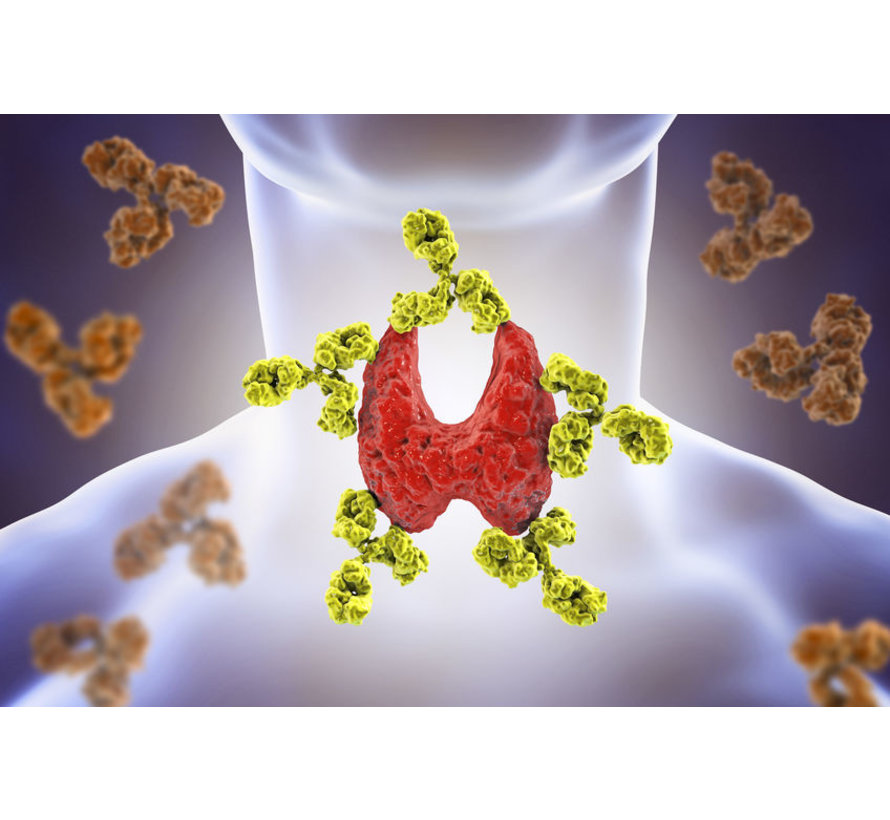T3 thyroid
T3 (total T3) is the hormone that arises from T4 and causes the final effect of thyroid hormone. So actually, T3 is more important than T4, but we measure T4 because it allows changes in thyroid function to be examined more precisely.
The test measures the amount of trijodothyronine (T3) in blood. T3 is one of the two main hormones produced by the thyroid gland. The other hormone is thyroxine or T4. 90% of its production is T4 (which is stored) and only 10% is T3. T4 is relatively inactive compared to T3, but can be converted in the liver and other tissues to the much more active T3.
In the blood, a very small percentage (about 0.3%) of T3 is present as free hormone(FT3). The vast majority is bound to proteins. In the laboratory, both free T3 and total T3 can be determined.
The body has a feedback system that can turn thyroid hormone production on or off. Once the concentration of thyroid hormone (T4 or T3) in the blood drops, thyroid stimulating hormone(TSH) is produced by the pituitary gland (a hormone-producing organ at the base of the brain), which prompts the thyroid to produce and/or release stored T4. T4 is then converted in the liver and other tissues to the more effective T3. If the concentration of thyroid hormone in blood rises again then the and TSH and production of the pituitary gland drops again. Thus, there is a feedback mechanism of thyroid hormone (particularly T3) on pituitary TSH and production.
Measuring T3 instead of or in addition to FT4 (free T4) or total T4 can sometimes provide additional information about thyroid function. This is particularly true when normal diagnostics via TSH and FT4 are inadequate.





